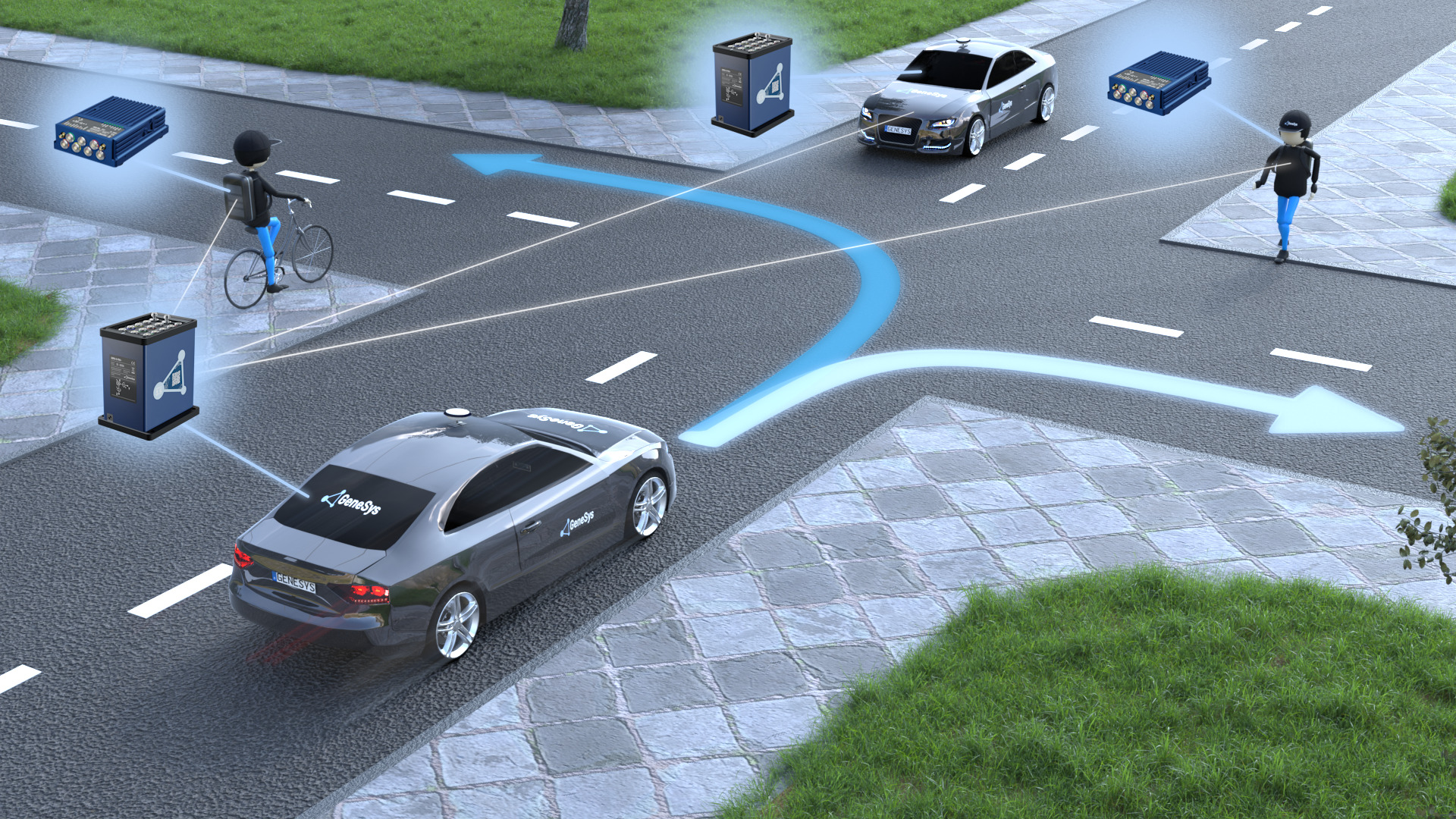UL 2251 Connector Durability Testing for ADAS Communication
The automotive industry is rapidly evolving with the introduction of advanced driver assistance systems (ADAS) and autonomous vehicles. At the heart of these innovations are connectors like those specified in UL 2251, which ensure reliable communication between vehicle components. This service focuses on durability testing to ensure that these connectors can withstand the harsh conditions encountered during automotive operation.
UL 2251 specifies connector and wiring harness test methods for use with electric vehicles (EVs) and hybrid electric vehicles (HEVs). The standards are designed to address the specific challenges faced by electrical interconnect systems in these vehicles. Our testing ensures compliance with UL 2251 while providing insights into the real-world performance of connectors under various conditions.
The durability tests we conduct encompass a wide range of stressors, including mechanical loading, thermal cycling, and vibration. These tests are crucial because they simulate the actual operating environment that connectors will encounter in real vehicles. For instance, during mechanical loading testing, we subject the connector to repeated insertion and extraction cycles to mimic the wear and tear it faces daily. Thermal cycling simulates temperature changes typical of vehicle operation, from cold starts to hot driving conditions.
Our laboratory uses state-of-the-art test equipment that can replicate these stressors in a controlled environment. The equipment allows for precise control over variables such as force applied during insertion and extraction, temperature ranges, and duration of exposure. This ensures that the results are accurate and repeatable, providing reliable data for quality assurance teams.
The testing process involves several steps. First, the connector is prepared according to UL 2251 specifications. This includes cleaning the connector terminations to ensure a consistent electrical contact surface. Next, the connector undergoes mechanical loading tests using a robotic arm that simulates the forces encountered during vehicle operation. The robot executes predefined insertion and extraction cycles at specific intervals.
Following the mechanical testing, the connectors are subjected to thermal cycling in an environmental chamber. This process involves gradually raising and lowering the temperature of the connector over defined periods. The connector is typically exposed to temperatures ranging from -40°C to 125°C. During this phase, we monitor electrical resistance and ensure that it remains within acceptable limits.
Vibration testing further simulates the dynamic conditions experienced by vehicles during operation. This test involves shaking the connectors at specified frequencies and amplitudes to evaluate their structural integrity. Our vibration chamber can produce controlled levels of acceleration, allowing us to assess how well the connector withstands these forces without failure.
The data collected from these tests is analyzed using advanced statistical methods. We provide detailed reports that include not only pass/fail criteria based on UL 2251 but also insights into potential areas for improvement. These reports are invaluable tools for R&D engineers and quality managers in identifying weak points in the design of connectors and harnesses.
By adhering to these rigorous testing protocols, we help ensure that automotive components meet the highest standards of reliability and safety. This is particularly important given the increasing complexity of ADAS systems and the critical role they play in vehicle operation.
Benefits
The primary benefit of our UL 2251 connector durability testing service lies in its ability to enhance product reliability. By simulating real-world operating conditions, we identify potential weaknesses early in the development process, allowing for timely corrections and improvements.
This testing also supports compliance with regulatory requirements set forth by standards bodies such as Underwriters Laboratories (UL). Compliance is essential for market access and safety certification of vehicles containing these connectors. Our service ensures that your products meet or exceed these standards, providing peace of mind to both manufacturers and end-users.
Additionally, our testing contributes to the overall quality assurance process by offering detailed insights into product performance. These insights can be used to refine designs, optimize manufacturing processes, and improve customer satisfaction. By addressing potential issues before they become critical defects, we help reduce warranty claims and service costs.
Customer Impact and Satisfaction
Our UL 2251 connector durability testing service has a direct impact on customer satisfaction by ensuring the reliability of automotive components. When connectors perform consistently across all conditions, vehicles operate safely and efficiently, enhancing user experience.
Manufacturers who partner with us benefit from reduced development time due to early identification of issues during testing. This leads to faster product launches and competitive advantages in the marketplace. Moreover, our service fosters trust between suppliers and customers by providing transparent and verifiable results that meet regulatory and industry standards.
In terms of sustainability, our testing helps extend the lifecycle of connectors, reducing waste and resource consumption associated with premature failures. This contributes to more environmentally friendly practices within the automotive industry. Our customers appreciate this commitment to eco-friendly processes, further enhancing their brand image.
Environmental and Sustainability Contributions
The environmental impact of our service extends beyond just testing; it includes the lifecycle of connectors themselves. By ensuring that connectors are durable and reliable, we help reduce the frequency of replacements, which in turn decreases overall waste.
We also contribute to sustainability efforts by promoting resource efficiency. Our testing helps identify design improvements that can lead to more sustainable manufacturing processes. For example, materials used in connector production may be optimized for better recyclability or reduced environmental impact.
Our service aligns with broader industry trends towards greener technologies and practices. By adhering to high standards of quality and reliability, we support the development of vehicles that are not only safer but also more sustainable.





